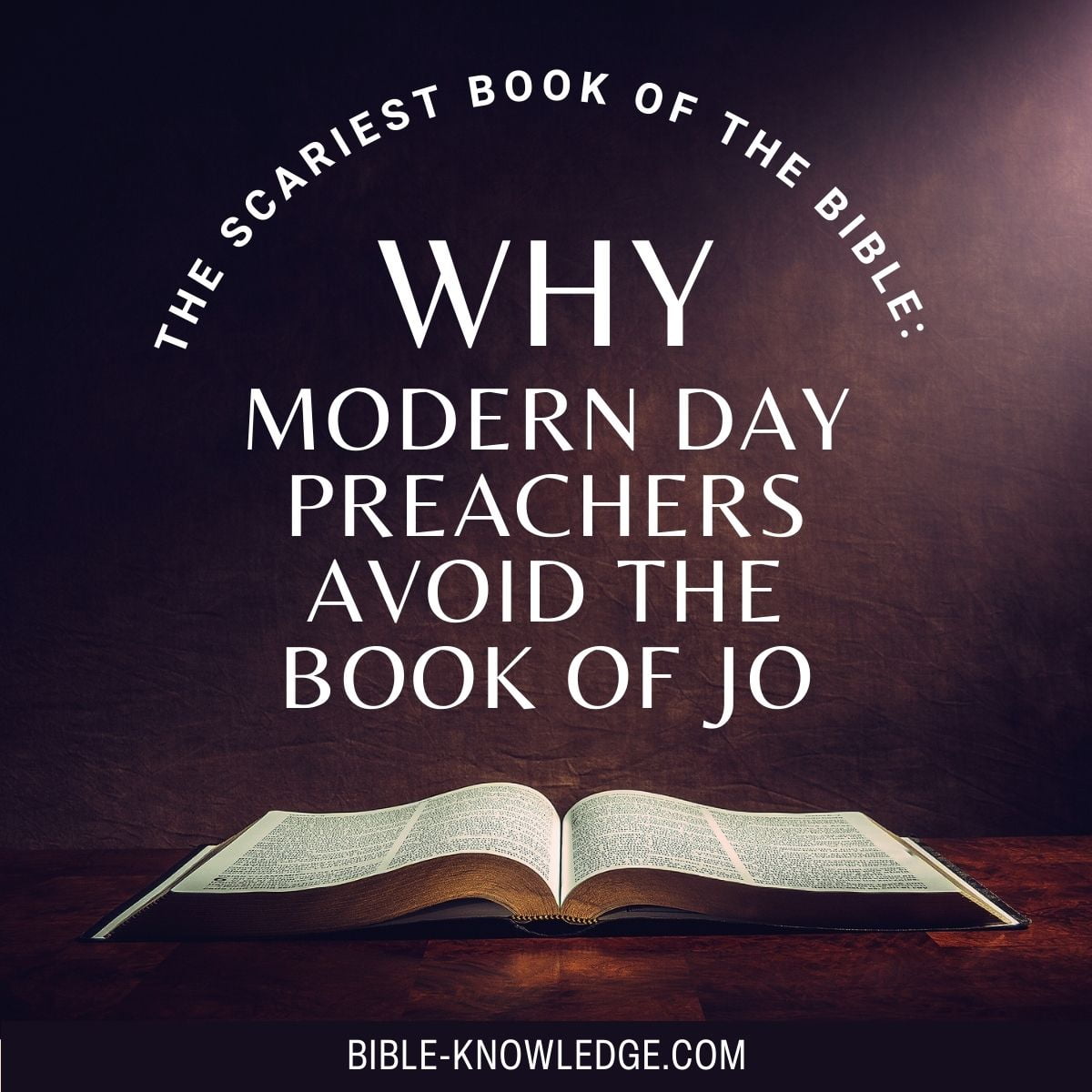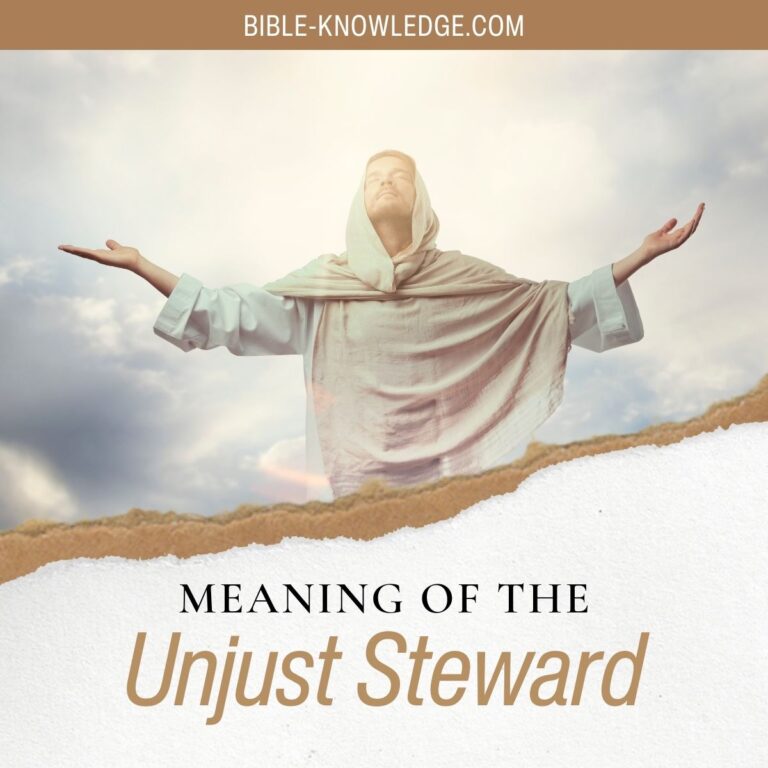“Do you want to feel better right now and eliminate your stress? What if I told you that starting today, right this very moment, you could begin living a better life now?” Let’s play a game. Is the previous statement the intro to a late-night infomercial or the opening line for a modern-day sermon?
Hard to tell, isn’t it? Truth is, it could be either because modern, Americanized Christianity in many churches has turned into nothing much more than a sales pitch.

Modern Ideas of Christianity
What are they selling? Well, if you take a few moments and Google America’s most popular preachers and then watch a few of their YouTube videos, it would appear that they are selling a way to get happy, avoid suffering and get your ticket to heaven too.
Heaven now and after. When you consider that the richest pastors in America have an average net worth between 20 million and 100 million dollars, it would seem that Americans are sure buying what they are selling to.
As with most deception, there is a grain of truth in the modern church sales pitch. Does God want us to be happy? Sure. Does God want to supply our needs? Absolutely. The problem is that man’s definition of these things is often quite different from God’s definition. To reconcile this disconnect, there are certain aspects of the Word of God that get hugely ignored in modern churches, namely, honest teachings on suffering. How can you sell happy abundance to people if you are loading them up on stories like Job?
Job! Our least favorite Bible character. Let’s be honest, the book of Job just makes us uncomfortable. Why? Well, for starters it kind of rubs against all of our modern ideas of God. God is love. God wants us to have an abundance-filled life. God is going to protect us. In Job 1:10, Satan himself describes our ideas of Christianity, “Hast not thou made an hedge about him, and about his house, and about all that he hath on every side? Thou hast blessed the work of his hands, and his substance is increased in the land.”
Satan says right here that God is fulfilling for Job, what all of us pray for every day. Put a hedge of protection about me and my house and all that I have. Bless my work and increase my substance. Job was being the kind of person we all strive to be. Verses 1-3 describe what a holy and upright person he was. The KJV even uses the words “perfect and upright.”
The Job Dilemma
In Job, chapter 1, verses 1- 5 Job looks like the perfect frontman for most modern Christian philosophy. In fact, when Satan shows up, God even uses Job as an example of His best servant. Job looks like a great example to follow. Do good and God will bless your socks off. You’ll have more money than everyone else. Your kids will be happy and healthy. All of your business ventures will prosper. Everyone in your community will look up to you.
But that theology comes to a screeching halt in verse 10 when Satan claims that the only reason Job is such a great person is because he is not suffering much. He presents a challenge in v 11:
“But put forth thine hand now, and touch all that he hath, and he will curse thee to thy face.”
Now this doesn’t sound too surprising coming from Satan, but what blows the minds of most Christians is v 12 when God accepts the challenge.
“And the Lord said unto Satan, Behold, all that he hath is in thy power; only upon himself put not forth thine hand. So, Satan went forth from the presence of the Lord.”
Now, there are ways you can soften the blow of Job 1:12. You can say, as some Bible scholars have, that Job is a metaphor, an analogy. This was not a real story about a real man. That makes you feel a little better. The problem with this is that the Book of Job doesn’t use wording that would lend itself to an analogy or a parable. In fact, the Book of Job uses wording such as, “There was a man.” This is stating a fact.
Even if it was an analogy, if we believe that God has inspired His word, then we must believe that He inspired this part of His word as well. Furthermore, God ordained that this chapter of this book of the Bible make some very plain statements about God Himself.
God will not lie about Himself, even in a parable or an analogy. God discussed His servant with Satan. God made a choice to remove the hedge about Job, and God, Himself, allowed Satan to have power over “all that he hath.” How in the world do we wrap our minds around that? God handed over his best servant to Satan just to prove a point.
A Biblical Horror Story
What unfolds in the rest of Job Chapter 1 is basically the culmination of every human’s worst fears. Your children are dead. Your money is gone. Your livelihood is wiped out. If this were not enough, in chapter 2, Satan is not satisfied because Job still has not sinned against God.
Satan is never satisfied until he has trapped us in sin. He goes back to God and points out in Job 2: 4-5, “… Skin for skin, yea, all that a man hath will he give for his life. 5 But put forth thine hand now, and touch his bone and his flesh, and he will curse thee to thy face.” Surely, you’d think God is going to put an end to this non-sense. Surely, he would not allow Satan to afflict his servant physically on top of everything else. Verse 6-7 “And the Lord said unto Satan, Behold, he is in thine hand; but save his life. So went Satan forth from the presence of the Lord, and smote Job with sore boils from the sole of his foot unto his crown.”
This is the full package of suffering. Despair, grief, poverty, sickness, and then in verse 9, we can add loneliness as well when his wife even turns her back on God and Job, “Then said his wife unto him, Dost thou still retain thine integrity? Curse God, and die.”
Take a moment to consider the fact that God allowed all of this to happen to a “perfect and upright” man. God’s wrath is a convenient theological tool to use against wrongdoers. “Be good, or God is going to punish you.” But what do we do with Job? What do we do with these Biblical facts staring us in the face that say God allowed the utmost of human suffering to befall his best servant?
The Problem with Sovereignty and Suffering
The Webster’s 1828 dictionary defines sovereign as “Supreme in power; possessing supreme dominion.”
Now, the sovereignty of God is an often-used term that Christians like to use, especially when comparing our religion to that of others. But let’s take a moment to truly contemplate what the sovereignty of God means. God has supreme power over Heaven and earth.
That’s comforting. God has supreme power over physical illness. He can heal us. That’s comforting. He has supreme power over the actions of humans. That can be comforting. When we think of these things though we generally think of them only in terms of God using His supreme power in our favor.
God can send rain in a drought, but He also sends the drought. God can make the tornado pass over our community. But God also landed it on the community down the highway. God can heal Grandmother’s cancer. God is also the one who allowed it to grow in the first place. God can stop a criminal who is planning to rob us. God also allowed millions of criminals to see their crimes through during that same moment.
It is unsettling to think of our good God in these terms. In fact, atheists have used this as their favorite argument for a long time. “If God is so great, why does He allow so many horrible things to go on.” A convenient answer is that bad things happen because of sin. This does not hold water in the Book of Job, though. Remember, Job was a perfect and upright man. Job was not sinning. Job was not being punished.
The sovereignty of God is a fearful thing, but it can also be a comforting thing when it is balanced out with everything we know about God. It is only when we accept the full meaning of God’s sovereignty that we can really have faith like Job showed in Job 2:10:
“… What? shall we receive good at the hand of God, and shall we not receive evil? In all this did not Job sin with his lips.”
Job 2:10
Ultimately, Job is a story of suffering. Where does suffering come from? Does it have a purpose? What can we do with suffering? Suffering is allowed by God. It does have a purpose. There is much we can do with suffering. Christian philosopher John Taylor claims that modern societies’ “highest goal…is to prevent suffering.” But this is not God’s highest goal.
God’s highest goal is to make us holy and bring glory to His name. Whether we like it or not, this is most often accomplished through suffering. Suffering, then, is not something to be avoided, but rather something to be accepted and explored. What can we discover during times of suffering?
The Discovery of Comforting Sovereignty
How can we possibly find comfort in God’s sovereignty? To the human mind, this looks like we are just little peons at the mercy of absolute power. If we just look at the Book of Job alone, it would appear that our behavior is irrelevant. If we are sinful, God’s wrath and judgment will fall on us, and if we are righteous, we can still lose everything if God wills it. So, where is the comfort? Where is the protection?
As with all scripture, the Book of Job is not meant to be understood as a stand-alone text. This is why God put His word together in the complete canon of scripture. The Old Testament must be taken with the new, verses should be read and understood in the context of their chapter, book, testament and then in the context of the entire Bible. When taken in the context of the entire Bible and what we know about God, sovereignty can be a comforting thing.
The sovereignty of God must be coupled with God’s compassion. God’s compassion is seen in Romans 8:28 “And we know that all things work together for good to them that love God, to them who are the called according to his purpose.” The question of our suffering must come down to a question of our faith. Do we really believe Romans 8:28. This verse does not say that all good things work together for good. It says all things. Good things, bad things, painful things, scary things, joyful things, mundane ordinary day things. All things work together for good. Do we believe this? If we believe this, then we can find comfort in the sovereignty of God.
Faith at its core, is a trust that God is holy, that God is all-knowing and that God is compassionate. Even when we cannot see the end of the story, we must trust that God already sees the end of the story, and He will always have our best interests in mind.
Romans 8:28 must also be coupled with Isa 55:8-9 “For my thoughts are not your thoughts, neither are your ways my ways, saith the Lord. For as the heavens are higher than the earth, so are my ways higher than your ways, and my thoughts than your thoughts.” These two passages can be the Christians’ comfort in times of suffering. In fact, suffering can be welcomed as not only God’s sovereign divine will but as a tool in spiritual growth.
The great classic Christian writer Thomas A. Kempis wrote, “Christ willed to suffer and be despised and do you dare complain of the same? Christ had adversaries and backbiteres; and do you wish to have all men your friends and benefactors? When shall your patience attain her crown if no adversity befalls you? If you are willing to suffer naught that is against you, how will you be the friend of Christ?” Christ suffered. Therefore, suffering can be viewed as a way of communing with Christ.
The Discovery of Humility
One of the least exercised Christian virtues is often humility. God wishes us to be humble, and there is no better way to work out our humility than through suffering. John 3:30 says, “He must increase, but I must decrease.” How else shall we decrease if not through suffering? In writing about Job, John Piper says, “Job’s pain is not the pain of the executioner’s whip but the pain of the surgeon’s scalpel.”
During times of suffering, things that otherwise could not have been removed can be removed from our hearts and minds. Namely, pride. He must increase and I must decrease. A human cannot decrease while prospering. It is during times of suffering that we learn how to humble ourselves before God and realize we are entirely at His mercy.
When suffering is viewed in this way, it makes it not only more easily endured and maybe even welcomed. Our Jesus suffered. Shall we not suffer as well?
The Discovery of God in the Whirlwind
Twice in the book of Job, the phrase is used, “Then answered the Lord unto Job out of the whirlwind.” In verse 38:1 and again in 40:6. The word whirlwind in Hebrew is literally translated “hurricane.” Job was given the significant privilege of hearing God audibly speak to him. However, the only way he was awarded this prize was by going through a mighty storm.
When we submit to the sovereignty of God, when we trust that all things work together for good, when we accept that the time of suffering is for our benefit spiritually, that is when we can experience our most significant encounters with God. While speaking from the whirlwind, God shares with Job some of the greatest mysteries of earth and Heaven. He shares with Job the true nature of His power.
He also gives Job a great gift. That gift was the opportunity for Job to see himself for what he really is, completely devoid of pride and at the mercy of an all-wise, all-powerful God.
Many Christians go through their entire lives without ever really realizing their position in relation to God. Job had this privilege because he went through the storm. Our greatest moments of spiritual growth and enlightenment will not come on the sunniest days. They will come during the whirlwind.
The Discovery of What We Are Really Made Of
One of the greatest things you can ever encounter is your own weakness. Job had this opportunity. Why is discovering your own weakness great? It is only after you discover what you are really made of that you can begin to allow God to improve upon what is there.
What’s the difference between a bodybuilder and a couch potato? The couch potato is content with what he’s got, but the bodybuilder wants to improve. You will not want to improve yourself spiritually until you see how weak and wicked you really are.
The best opportunity to see how weak and wicked you really are will be during your times of suffering. God knows this. This is why God allows the suffering to come. God wants to make us holy. God wants to make us fit for heaven.
God wants to make us His image here on earth. How can we be the eyes, ears, hands and feet of Christ on earth if we are not purged, if we are not perfected? It is the fires of suffering that melt us down to what we really are, purge out the impurities, and then leave us as something God can use.
Conclusion
Psalms 84:11 says, “For the Lord God is a sun and shield: the Lord will give grace and glory: no good thing will he withhold from them that walk uprightly.” Our reaction to suffering will be determined by whether or not we really believe this.
If we do not believe this in the core of our soul, then we will react to suffering with anger, resentment and bitterness. We will try to make the avoidance of suffering the central theme of our churches, our sermons and our theology. We will flip past the Book of Job again and again because of how uncomfortable it makes us feel.
We will figure out slick doctrinal interpretations to help us disregard the fact that God allowed Job to suffer in order to make Job into an even more powerful servant of God and to bring glory to God. Most significantly, we will go through our entire, earthly life, never attaining the level of spirituality and power that God has intended for us.
However, if we do believe Psalms 84:11, if we do believe Romans 8:28, if we do believe Isaiah 55:8-9 then we will discover exactly what Job discovered. We will discover that our God is a Sovereign God who can be trusted. Our spirit can be elevated to holy heights through submissive suffering. Most importantly, we will discover that our God will reveal Himself in the deepest ways during the hurricane.





Thank you for this article! Yes the story of Job is confusing and many people have different takes in this. I never thought that suffering was needed so you know that Jehovah does provide. Thank you Lord. Thank you Jesus for restoration.
Excellent, the word of God it was explain so nicely. Thanks for the powerful information concerning Job.
God is good all the time. I just lost my father on the 26th of July 2023. I trusted in the Lord even though it is painful. I thanked God for His life because he was 75 years old. Reading and studying this helped me to strengthen my faith more. May God continue to reveal Himself to all of you and bless you more with heavenly wisdom. I thank you for sharing the word of God.
Queen Victoria
This is a great article. How we never think of what we go through for God to make us holy. We always ask,”Why is this happening to me?”. We never consider that God is trying to call us to be what we are supposed to be, His holy children. Thank you for this article. I pray you will continue to do this.